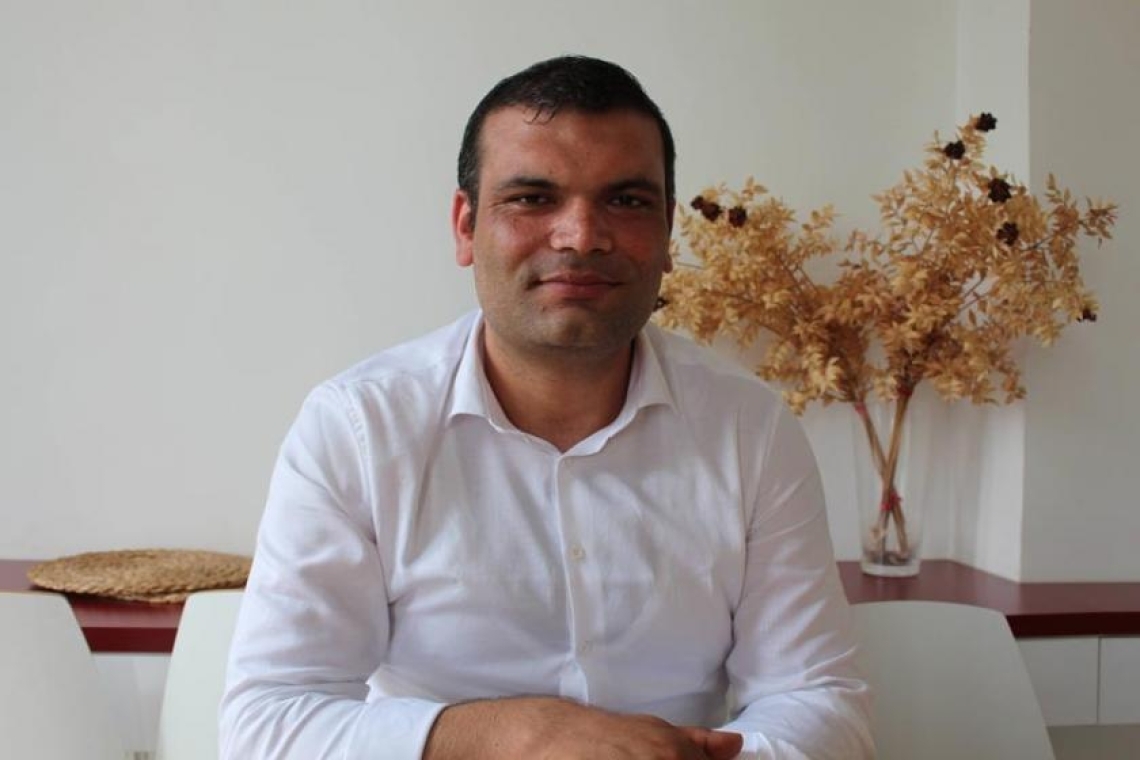By AZIZ ORUÇ
Erdoğan Alayumat, one of the three journalists arrested in an Istanbul-based investigation and released after 24 days, has declared his intent to continue exposing rights violations, particularly in prisons. He criticized the arrests as baseless and said, "From now on, I will keep writing about the rights violations happening in prisons."
Reporters from the Mezopotamya Agency (MA), Esra Solin Dal, Mehmet Aslan, and journalist Erdoğan Alayumat were detained on April 26. An indictment, prepared within 12 days on charges of "being a member of an organization," was accepted by the Istanbul 25th High Criminal Court. The court cited that "evidence had been collected" and the "nature of the alleged crime might change," leading to their release after 24 days. The 17-page indictment against the journalists listed 126 news reports as criminal evidence.
Upon his release, Erdoğan Alayumat spoke to the Media and Law Studies Association (MLSA).
Commenting on the ongoing pressures against the press, Alayumat stated, "Since the 1990s, many of our colleagues in free press institutions have been kidnapped, tortured, and killed. Today, those responsible for these crimes still walk among us. Similar attacks continue today; the latest victim was Kadri Bağdu, and many of our colleagues remain in prisons. We are facing increasing pressure on the free press. Despite this, we will continue to reveal the truth, to honor our fallen colleagues and uphold their legacy."
Alayumat described the operation leading to their arrest: "The prosecutor and police caught us in a coordinated operation. Our release stated that there was no risk of us fleeing and no possibility of tampering with evidence at this stage, which confirms that we would have responded to a summons from the prosecutor. Instead, the prosecutor ordered the police to raid our homes at dawn with long-barreled weapons. The supposed crime? Reporting the news."
'State commits crimes, we are punished'
"Our detention itself is a rights violation. The indictment contains nothing beyond our news reports," said Alayumat. "What news stories are being criminalized? Reports on the isolation at Imrali Prison. Writing about this reality is being portrayed as a crime, while the real crime is the isolation itself. Think about it, someone has been held in prison for over 25 years, with no contact with their lawyers, guardians, or family for years. Their right to send and receive letters and make weekly phone calls is completely denied. This is isolation. Doesn't this have news value? The state commits crimes, and we are punished for reporting them."
'Arrested on trumped-up charges'
Alayumat recounted the harsh conditions of his detention: "When I first arrived at prison, I was deprived of water for three days. Clean water was only available through the solidarity of fellow inmates. After being transferred to Silivri, I was again denied water for a day. Despite the brief duration of our detention, I will continue to report on rights violations in prisons and state crimes against the people."
The arrests of Alayumat, Dal, and Aslan highlight the ongoing pressures faced by journalists in Turkey, where the government has been accused of using legal measures to silence dissent and restrict press freedom.



